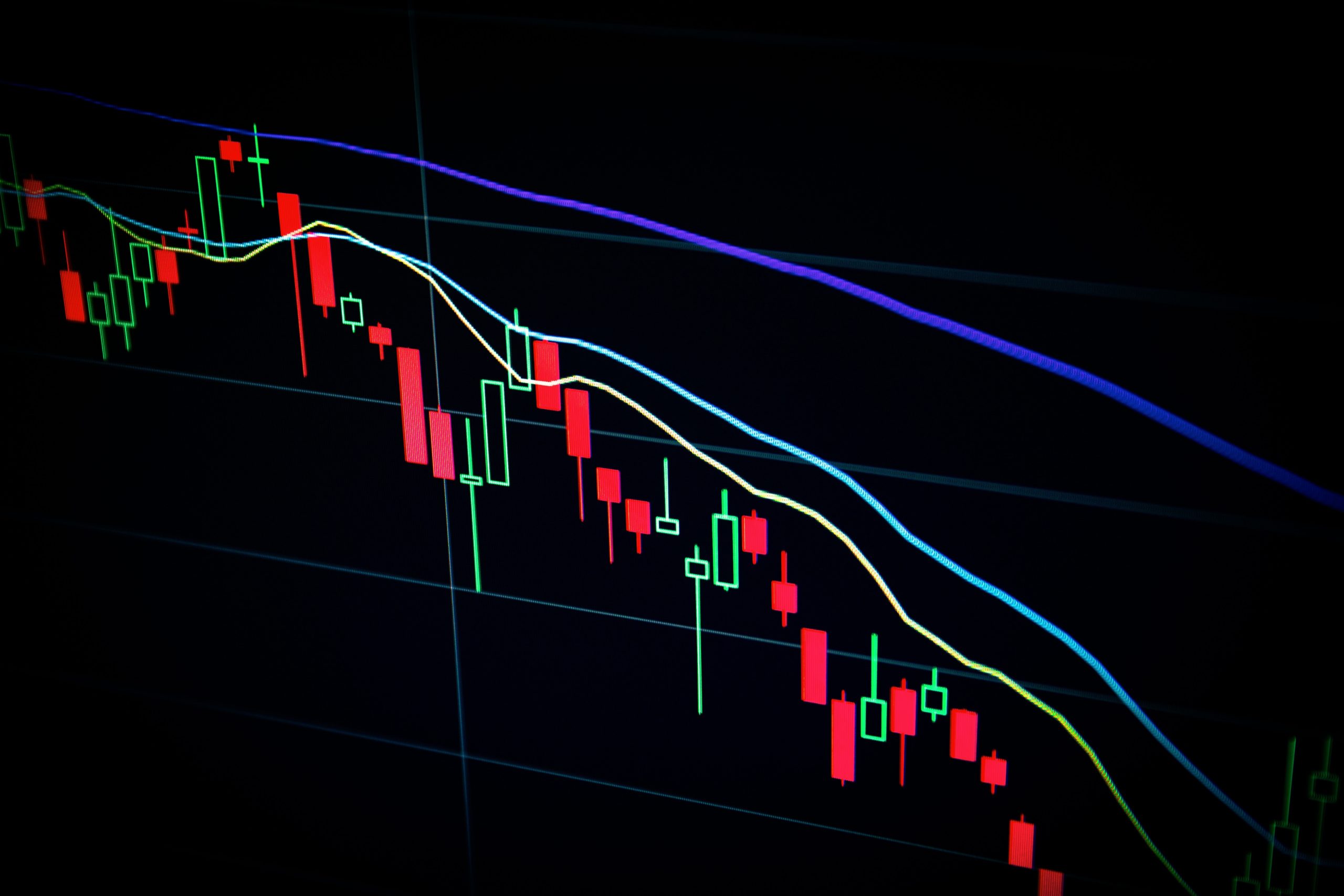Are you tired of feeling like a helpless passenger on the rollercoaster ride that is the stock market? Do you find yourself panicking every time there’s a dip or surge in your investments? Don’t worry, you’re not alone. Navigating volatile markets can be nerve-wracking for even the most seasoned investors. But fear not, because we’re here to help you keep your cool and stay on track towards financial success. In this blog post, we’ll share some useful tips and strategies to help you navigate the ups and downs of volatile markets with confidence and ease. So buckle up, grab onto those safety bars, and let’s get started!
What is a volatile market?
A volatile market is one that is characterized by sharp swings in prices, often in a short period of time. The term can be used to describe different types of markets, including the stock market, the foreign exchange market, and the commodities market. Volatile markets are often considered to be riskier than more stable markets, and investors may need to take special care when making investment decisions.
Volatile markets can present opportunities for investors who are able to keep their cool and make informed investment decisions. However, these markets can also be risky, and it is important to understand the risks before making any investment decisions.
Causes of volatile markets
The causes of volatile markets can be numerous and varied. Some common causes include:
-Economic uncertainty: This can be caused by things like trade disputes, currency fluctuations, interest rate changes, etc.
-Political instability: This can be caused by factors such as elections, policy changes, international tensions, etc.
-Natural disasters: These can include weather events, earthquakes, tsunamis, etc. that can disrupt supply chains and impact businesses.
-Geopolitical risks: These are risks related to events happening in other countries that could have an indirect impact on the markets (e.g. a war in the Middle East could lead to higher oil prices).
Effects of volatile markets
Volatile markets can have a range of effects on investors, from causing anxiety and fear to leading to impulsive decisions. In general, volatile markets are defined as those in which stock prices rise and fall rapidly, often in response to news events or other changes in the market.
While volatility can lead to some negative outcomes, there are also opportunities that can arise from volatile markets. For example, investors who are able to stay calm during periods of volatility may be able to take advantage of lower prices to buy stocks at a discount.
Overall, the best way to navigate volatile markets is to have a plan and stick to it. This means having a clear understanding of your investment goals and staying disciplined with your investment strategy. By doing this, you’ll be better prepared to weather any storms that may come your way.
How to keep your cool in volatile markets
Volatile markets can be scary, but there are things you can do to stay calm and rational. Here are some tips:
-Keep your long-term goals in mind. Volatility is normal in the markets and usually doesn’t last forever. Keeping your eye on the prize will help you stay focused on what’s important.
-Don’t make impulsive decisions. It’s important to think things through before making any moves. When markets are volatile, it’s easy to let emotions take over, but that can lead to costly mistakes.
-Have a plan. Knowing what you want to achieve and how you’re going to get there can help you weather any storm. Having a plan also gives you something to stick to when things get tough.
-Stay diversified. Don’t put all your eggs in one basket. Diversifying your investments helps protect you from big losses if one particular asset class takes a hit.
-Monitor your portfolio regularly. Keep tabs on how your investments are doing so you can make adjustments as needed. But don’t obsess over short-term fluctuations – remember, it’s the long game that counts!
Conclusion
Keeping your cool when the markets are volatile can be difficult, but it is possible. By taking a proactive approach and having an investing strategy in place before the markets turn turbulent, understanding how to differentiate between true investments and speculative gambles, staying informed on market news without succumbing to fear-mongering stories, and focusing on the long term while mitigating losses as much as possible by diversifying portfolios, investors can better navigate these rollercoaster rides. With this knowledge in hand you will be ahead of most other investors who tend to make rash decisions based on their emotions instead of facts.




